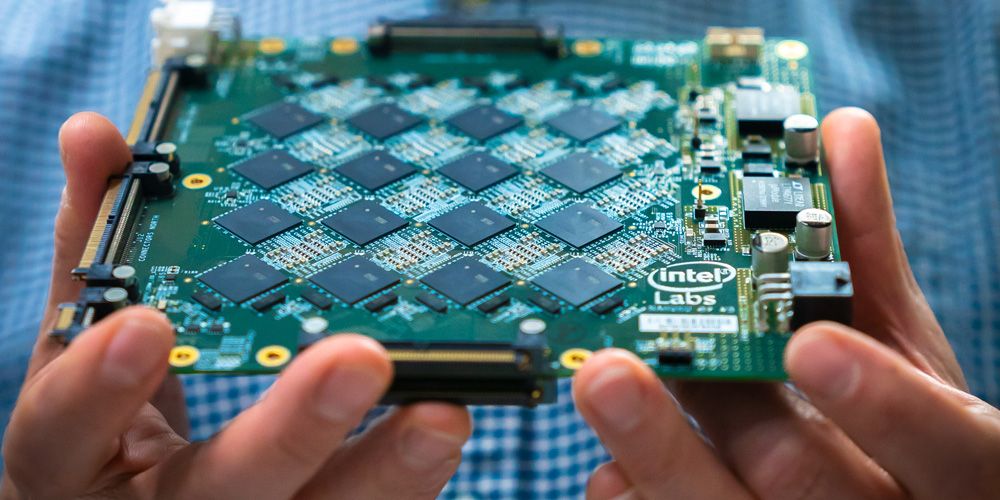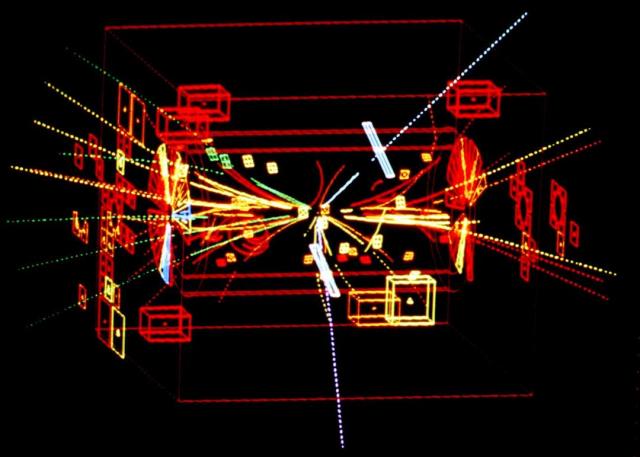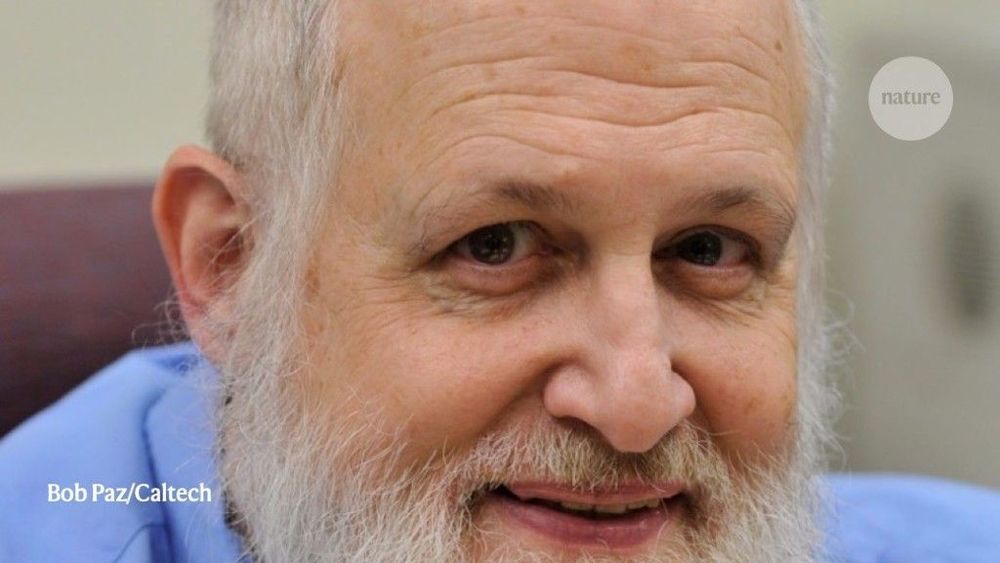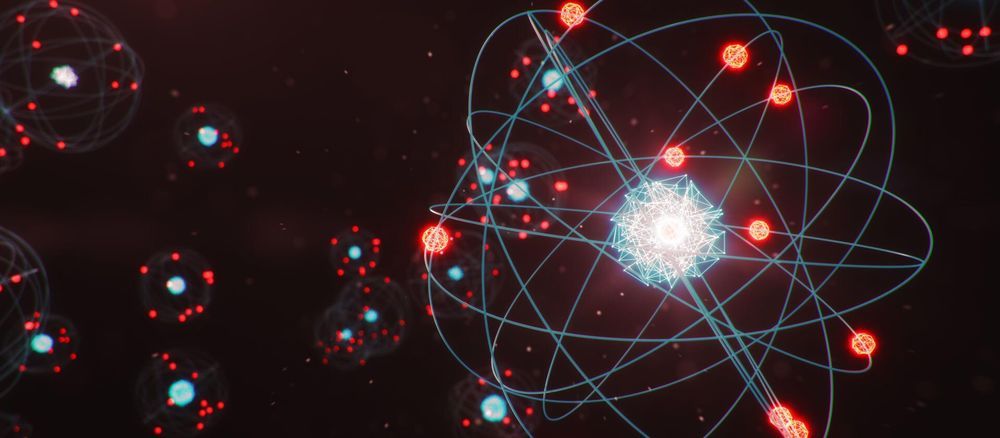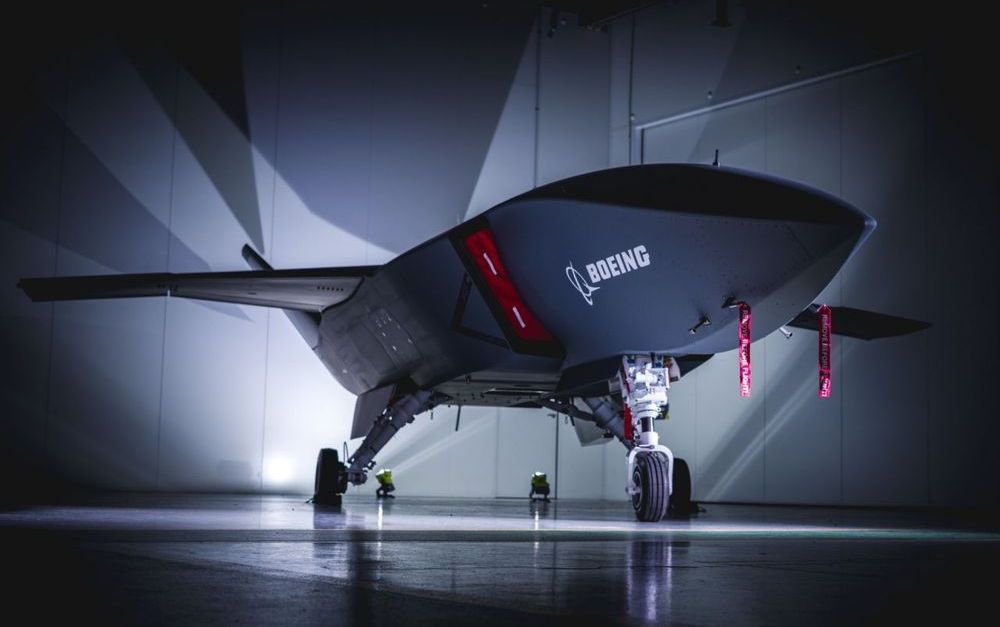“We are impressed with the early results demonstrated as we scale Loihi to create more powerful neuromorphic systems. Pohoiki Beach will now be available to more than 60 ecosystem partners, who will use this specialized system to solve complex, compute-intensive problems.” –Rich Uhlig, managing director of Intel Labs
Why It’s Important: With the introduction of Pohoiki Beach, researchers can now efficiently scale up novel neural-inspired algorithms — such as sparse coding, simultaneous localization and mapping (SLAM), and path planning — that can learn and adapt based on data inputs. Pohoiki Beach represents a major milestone in Intel’s neuromorphic research, laying the foundation for Intel Labs to scale the architecture to 100 million neurons later this year.
